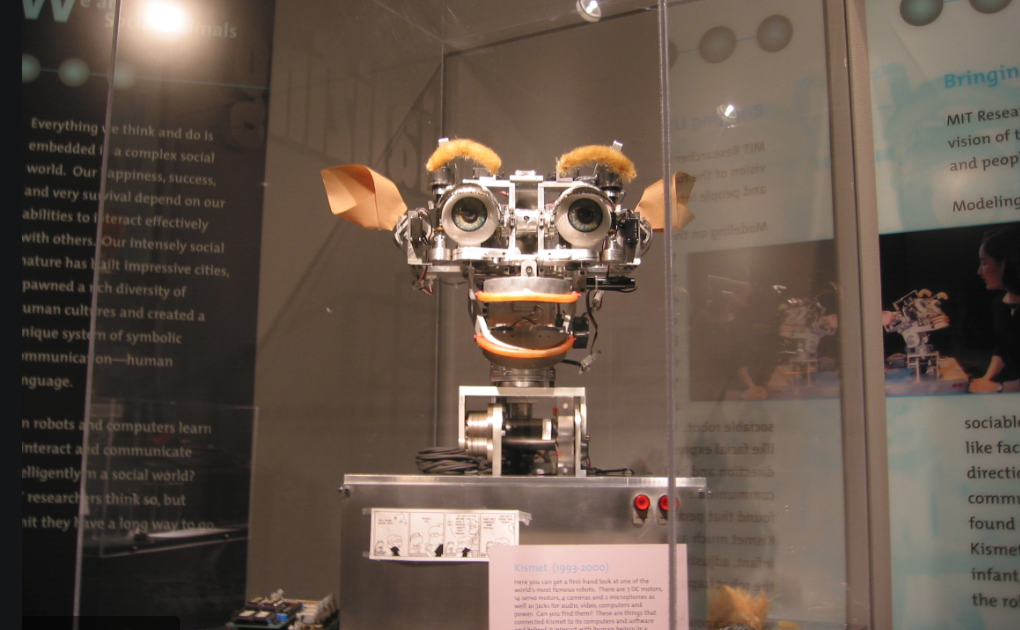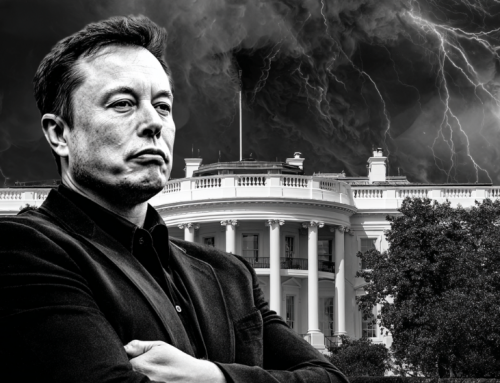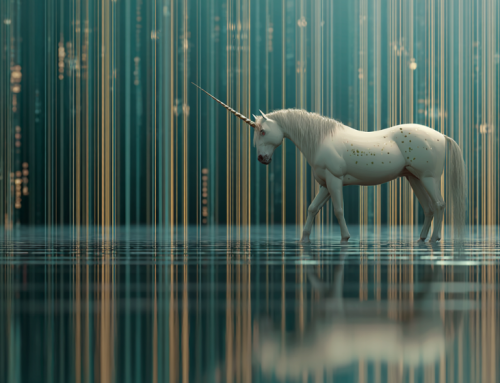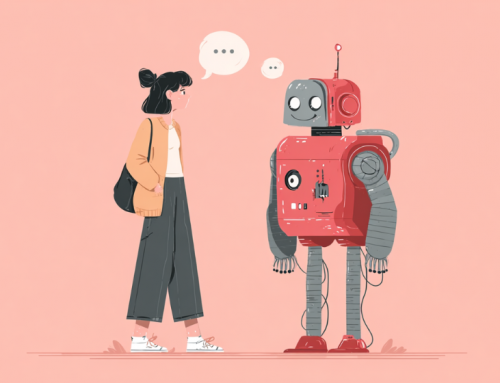
Some robots may look human-like, but still lack many important skills natural to people.
AI Changing the World, but Humans Still Required
While AI is making great strides in changing the way the world operates, it’s still not ready to take over the world just yet. Or even take your job for that matter. But companies and their CEO’s need to start thinking about how to best use AI. That’s the word coming out of a recent report from the MIT Task Force on the Work of the Future, which looked at AI as part of a broad range of changes sweeping the employment scene and workplace. A quote in a story on Forbes.com summarizes the report’s conclusions:
“We are a long way from AI systems that can read the news, re-plan supply chains in response to anticipated events like Brexit or trade disputes, and adapt production tasks to new sources of parts and materials,” state the report’s authors, David Autor, Ford professor of economics at MIT, along with David Mindell, professor of the history of engineering and manufacturing at MIT, and Elisabeth Reynolds, principal research scientist at MIT.
So AI is good at crunching data mechanically, but not so good at repairing or fixing problems on the fly.
For starters, AI is basically still learning, and the tools used to train AI, namely Machine Learning, is still a bit behind when it comes to certain tasks. AI is great at facial recognition, document reviews and even customer service in some areas. However as Forbes reports:
“ML systems ‘still face challenges with respect to robustness and explicability,’ Autor and his team state. ‘The industries that use ML are slowly learning that the data used to train ML systems must be as unbiased and trusted as the systems themselves need to be—crucial challenges in an era of hacking and cyber-warfare.'”
Even though AI is on the march, companies are far from having AI-driven robots that can replace most human operators. To reach the right balance between AI and humans will require a “redesign of the workflow and rethink the division of tasks between workers and machines.”
Still Forbes went on to say, because there is no clear-cut answer on what impact AI and ML are having on human employment prospects, they conclude:
“While it seems unlikely that AI has greatly impacted the labor market so far—beyond spurring increased demand for computer and data scientists—we have no definitive evidence on this topic to date,” Autor and his co-authors state. “The implications for specific skill groups are as yet uncertain and will in part depend on managerial and organizational choices, not on technologies alone.”
While many jobs are safe from automation, factory and repetition jobs are not. According to a story on machinewatch.com in January of 2019, 30 million jobs are at risk from AI replacement. It makes sense for people to retrain to adapt to the changing times, since there are many job openings in machine learning, for instance.
read more at forbes.com







Leave A Comment